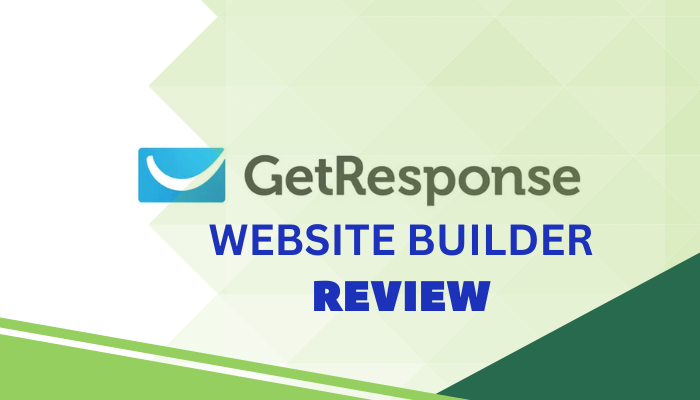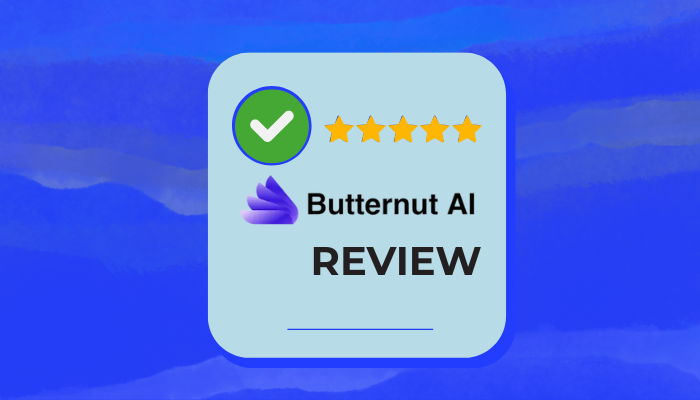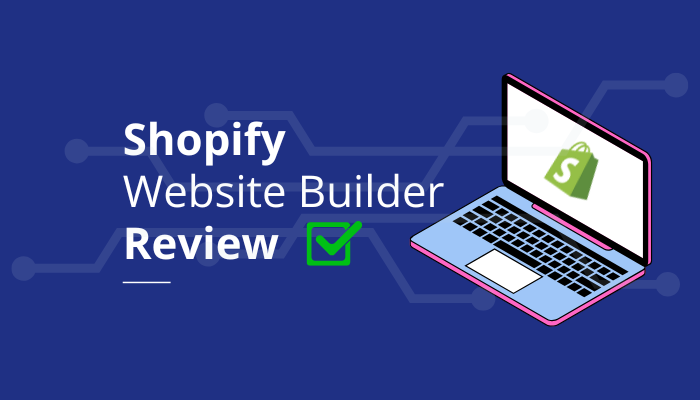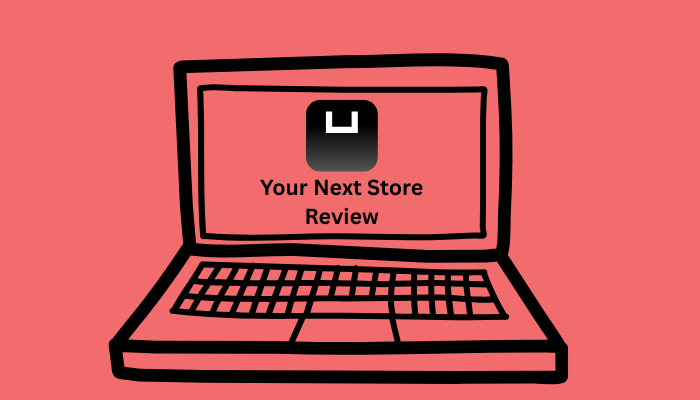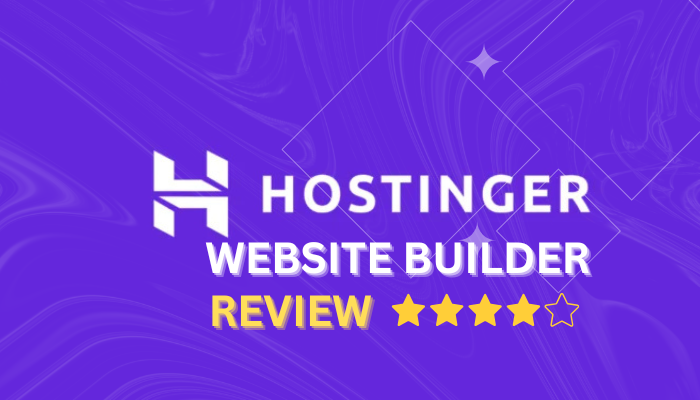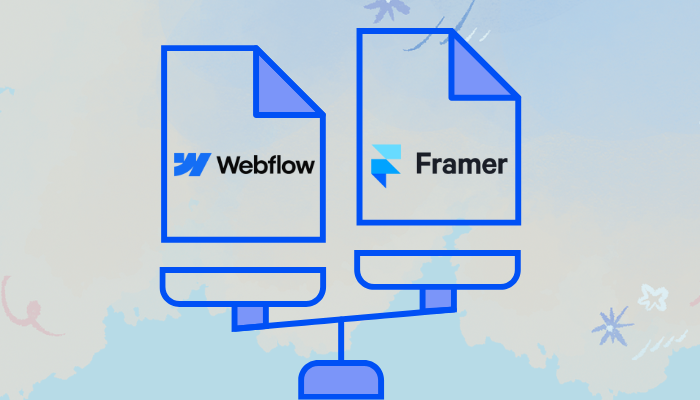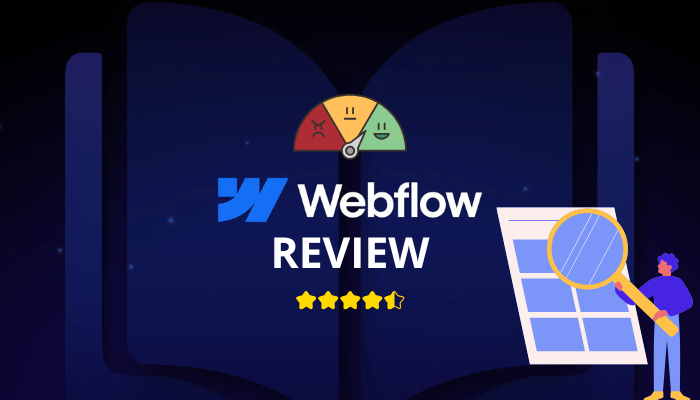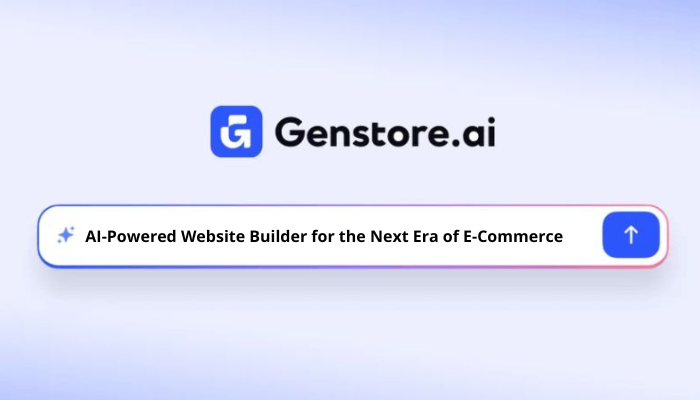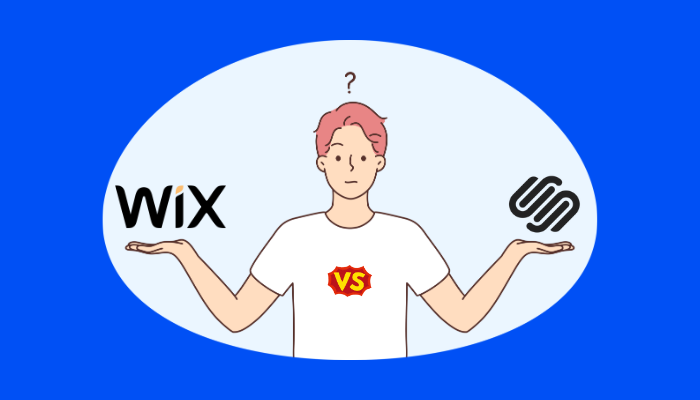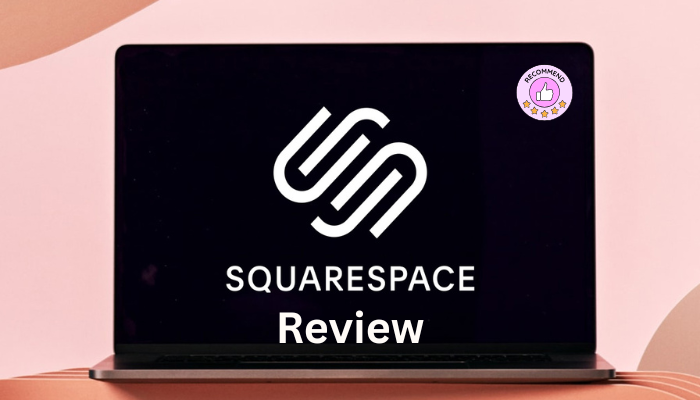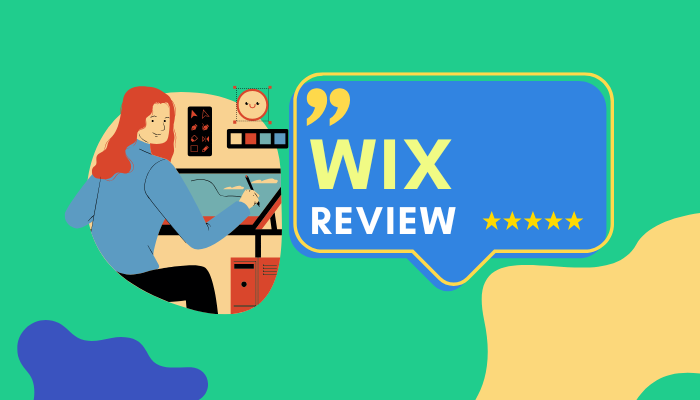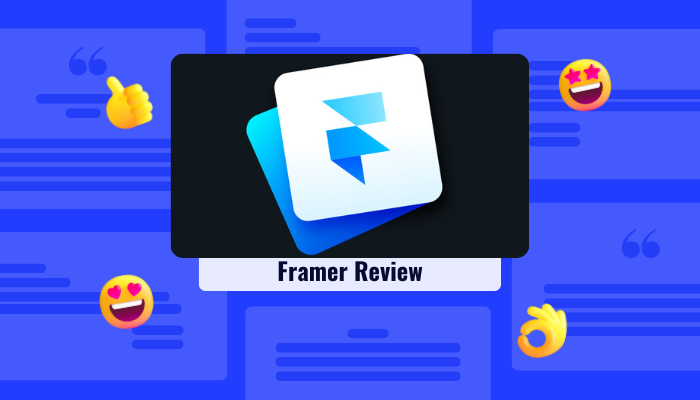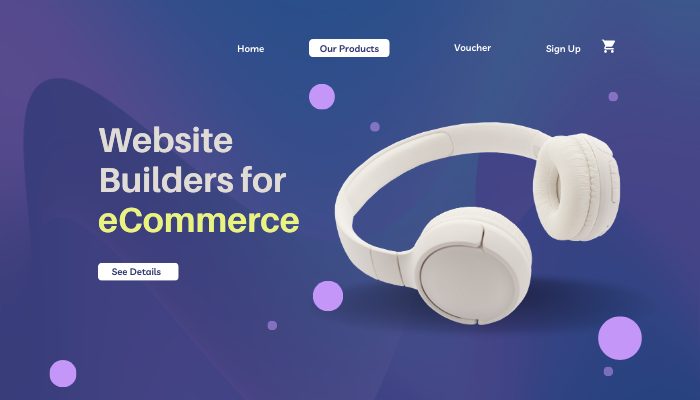Framer has emerged as a preferred choice for designers, freelancers, and agencies who want modern, visually rich websites without diving into complex coding. ...
AI-driven website builders are rapidly transforming how creators, businesses, and startups go online. While some tools focus on design precision and creative ...
I tested Readdy to develop a sample website for my friend, and to my surprise, it’s refreshingly fast and simple even on the free trial. The platform uses AI ...
I tried GetResponse’s Website Builder recently. It combines AI-driven design with drag-and-drop editing, making it easy to launch a professional-looking site ...
The standout feature of Butternut.ai was just how quickly it turned a short prompt into a fully functional website. Instead of wrestling with templates or ...
Last Updated: January 2026 Shopify Review This review is based on hands-on usage, focusing on real usability, pricing clarity, performance ...
When I tried Your Next Store, what struck me first was how straightforward it felt to set up an online store without needing technical expertise. The platform ...
Last Updated: January 2026 Hostinger AI Builder Review This review is based on hands-on usage, focusing on real usability, pricing clarity, ...
Webflow and Framer are two powerful website builders gaining traction among designers, startups, and businesses. Both offer sleek, modern tools but approach ...
Last Updated: January 2026 Webflow Review This review is based on hands-on usage, focusing on real usability, pricing clarity, performance ...
Genstore.ai is an AI-powered platform transforming the way businesses build and manage digital storefronts. Trending across the e-commerce landscape, it ...
Choosing between Wix and Squarespace is one of the toughest decisions when building a website. Both platforms rank among the most popular builders, but they ...
Last Updated: January 2026 Squarespace Review This review is based on hands-on usage, focusing on real usability, pricing clarity, performance ...
Last Updated: January 2026 Wix Review This review is based on hands-on usage, focusing on real usability, pricing clarity, performance ...
Choosing the right website builder can make or break your online presence. Whether you're starting a blog, portfolio, or business site, there's a tool out ...
Choosing the right website builder as an artist isn’t just about getting online. It’s about finding a platform that complements your creative style, ...
Launching a small business website doesn’t have to come with a hefty price tag. Whether you're a freelancer, service provider or local shop owner, free ...
If you’re a photographer or visual artist looking to showcase your work online, choosing the right website builder is the first step toward creating a ...
Looking to build a website and save on your domain name? This guide highlights the best website builders that offer a free domain when you sign up for an ...




